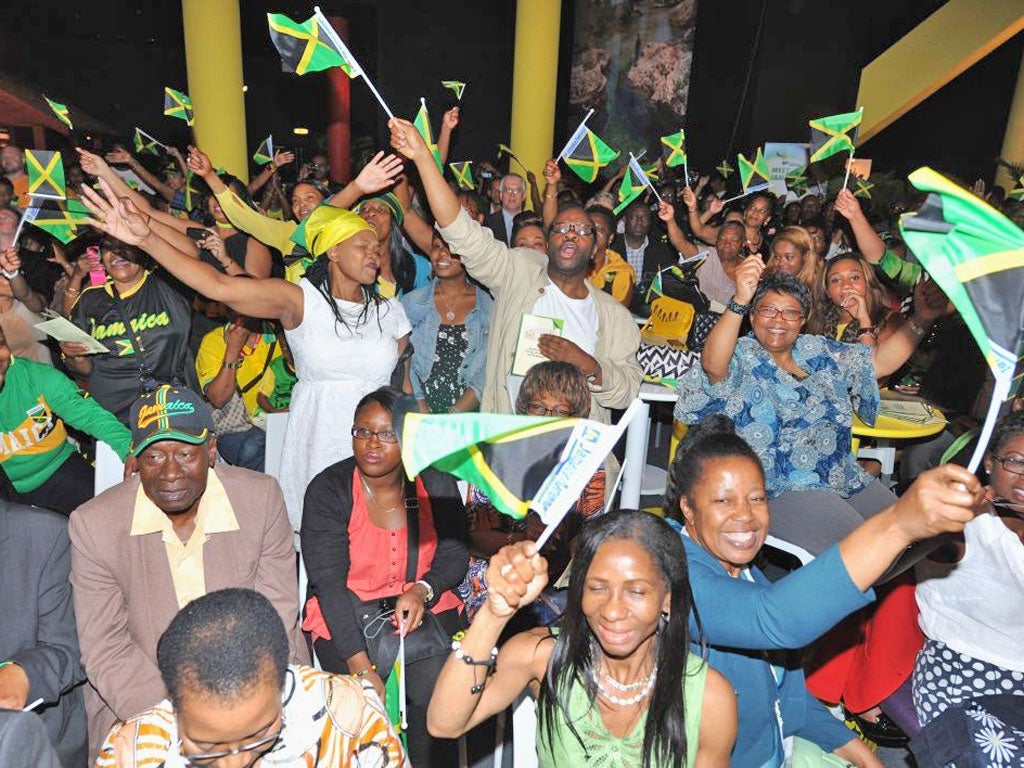
Jamaica has tabled a bill in parliament to remove King Charles as its head of state and transition the country to a republic.
The Caribbean country is one of many former colonies that retained a British head of state after independence in 1962, following more than 350 years of colonial rule.
Currently the British monarch is represented by a largely ceremonial governor general, but the position is a divisive one and seen by opponents as a symbol of colonial injustice.
Prime minister Andrew Holness announced intentions for Jamaica to become a republic by 2025, during a royal tour of the country by the Prince and Princess of Wales. The transition would mean a Jamaican president would also be the ceremonial head of state.
There were highly-publicised protests during William and Kate’s visit two years ago, with some calling for an apology and slavery reparations – marking a wider regional shift in perceptions of the British monarchy and a growing reparations movement.
Of the 12 former colonies in the Caribbean, Guyana, Trinidad and Tobago, Dominica and Barbados have already transitioned to a republic.

“Every year when we celebrate independence on August 6, the nation is invited to reflect on its achievements since independence and what remains to be done, and every year the question is asked when are we going to abolish the monarchy and have a Jamaican head of state,” Jamaica’s minister of legal and constitutional affairs Marlene Malahoo Forte told the Guardian.
Now that the bill has been tabled, it must be reviewed by joint committees, a parliament vote and a national referendum.
Opposition parties have raised concerns over its proximity to national elections and lack of plans to make the Caribbean court of justice Jamaican’s top court instead of the UK privy council.
“We do not believe you can say that you’re fully decolonised if you still retain the privy council as your apex court,” said senator Donna Scott-Mottley of the main opposition party.
“You cannot leave the king but still have to petition him when you want justice,” Ms Scott-Mottley said, adding that the opposition is keen to colloborate with the government on the issue.
“At the end of the day, this is not about political parties, it’s about our nation. It’s about our people and it’s about closing the full circle of independence for the people of our country,” she said.
Discussions on transitioning to a republic have been raised by successive Jamaican governments since the 1970s.
But it continues to be the only country with the British monarch as head of state that requires visas to enter the UK. All Jamaican citizens are subject to the restrictions if they wish to enter the UK.
“The [British are] really not doing anything substantial for our country, so it makes no sense to have them as head of state. Plus, we have it hard to go to England more than any country … so, by all means, do away with the monarchy,” said Maureen Brammer in Kingston.







